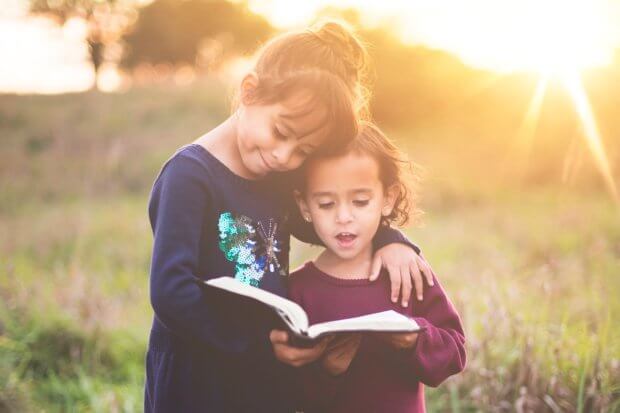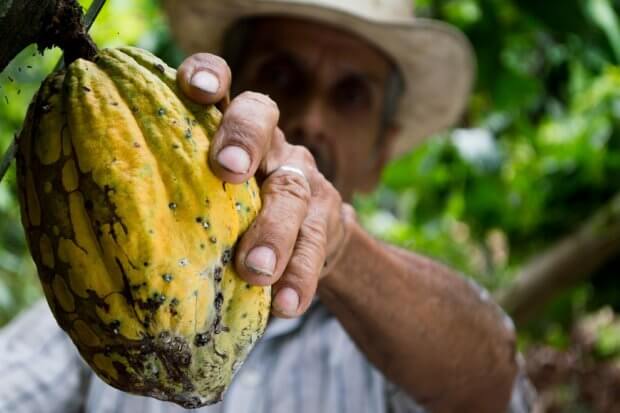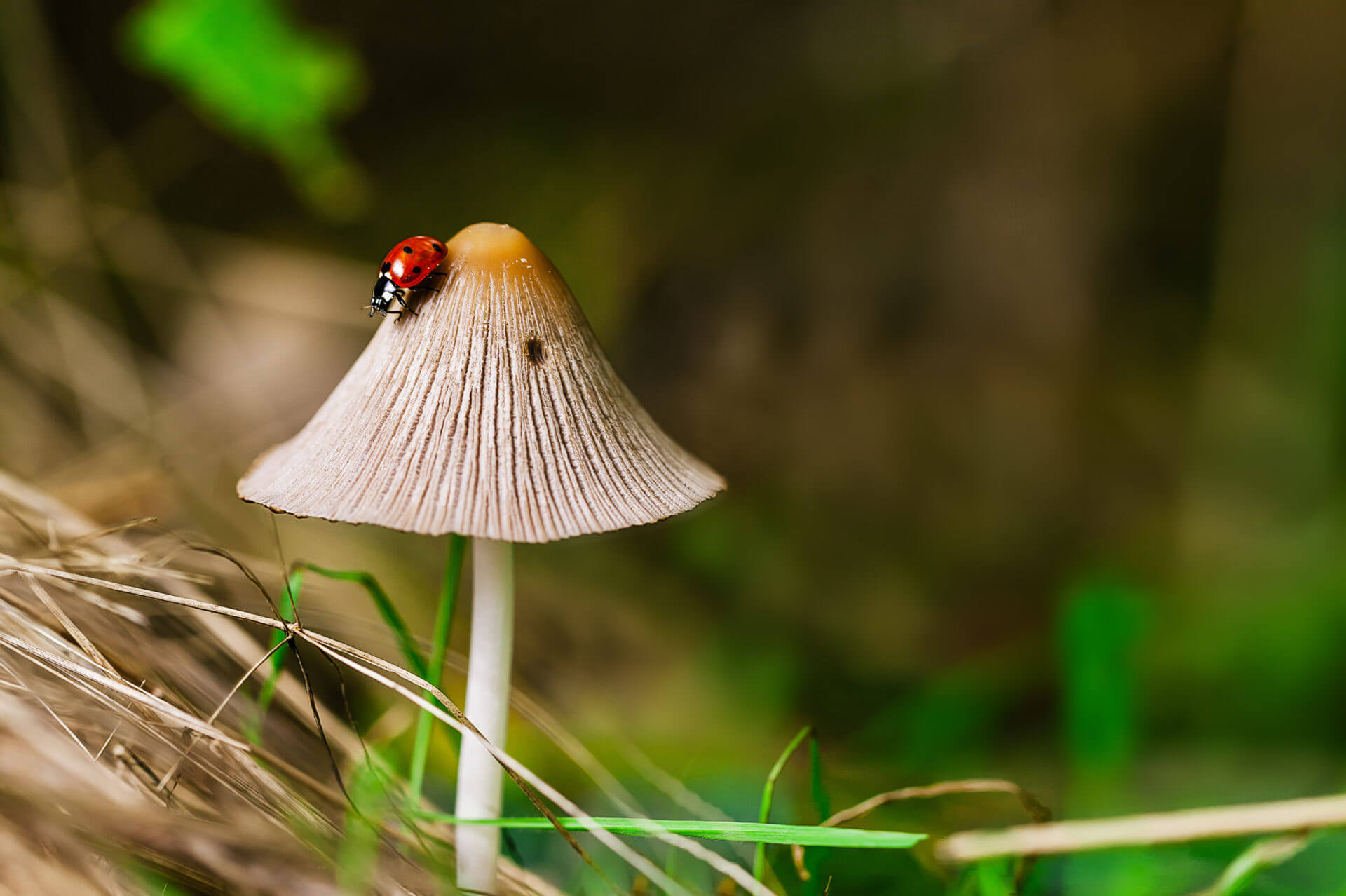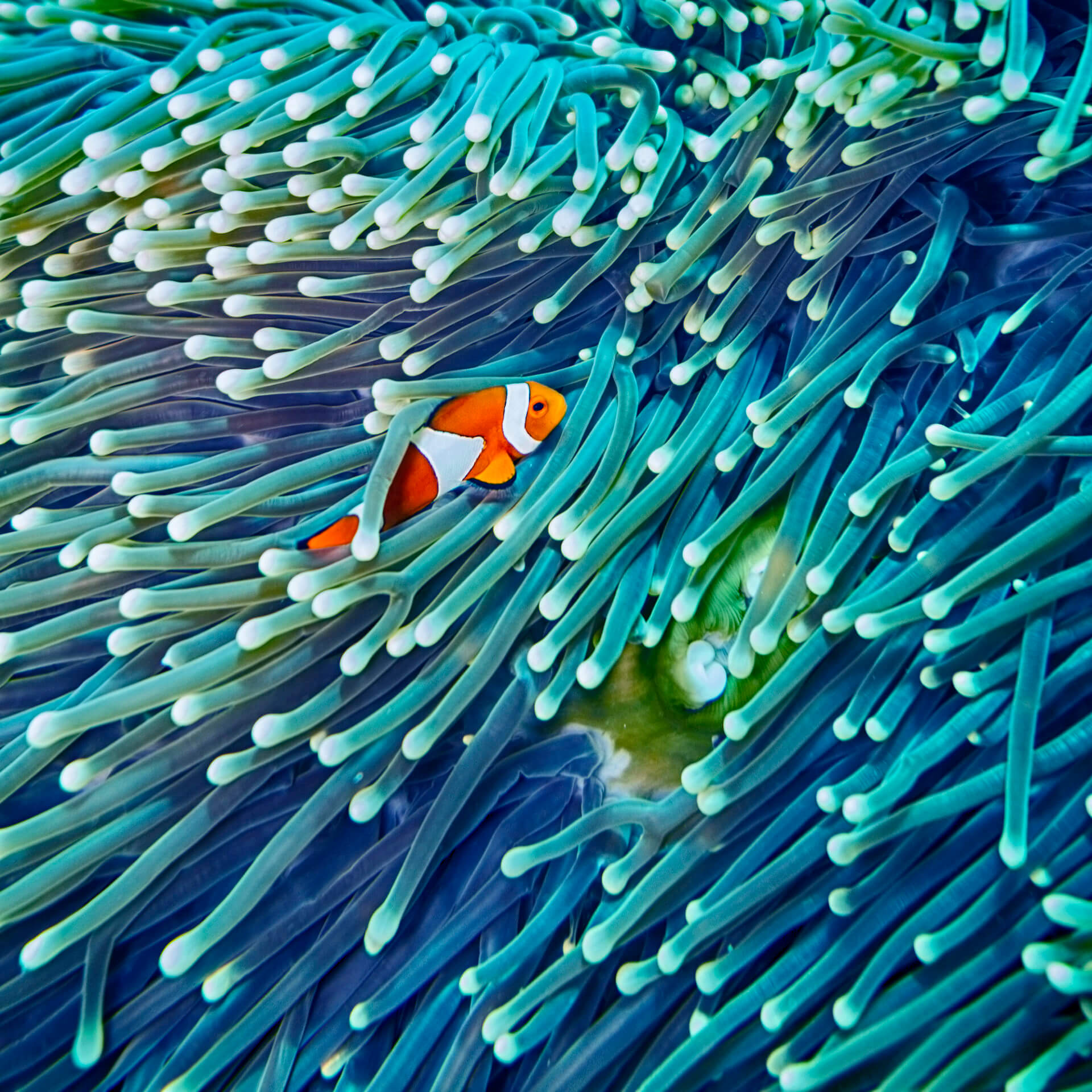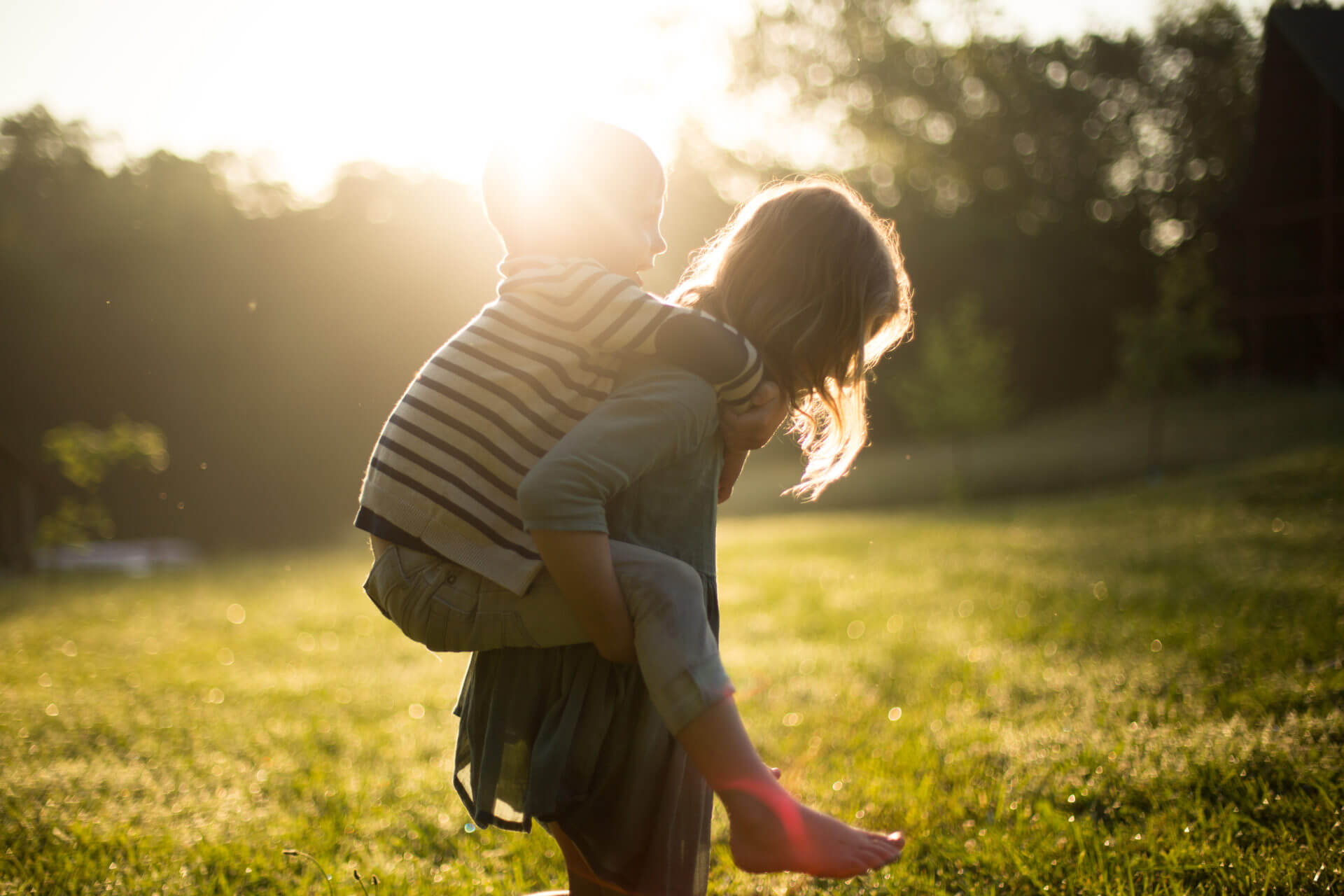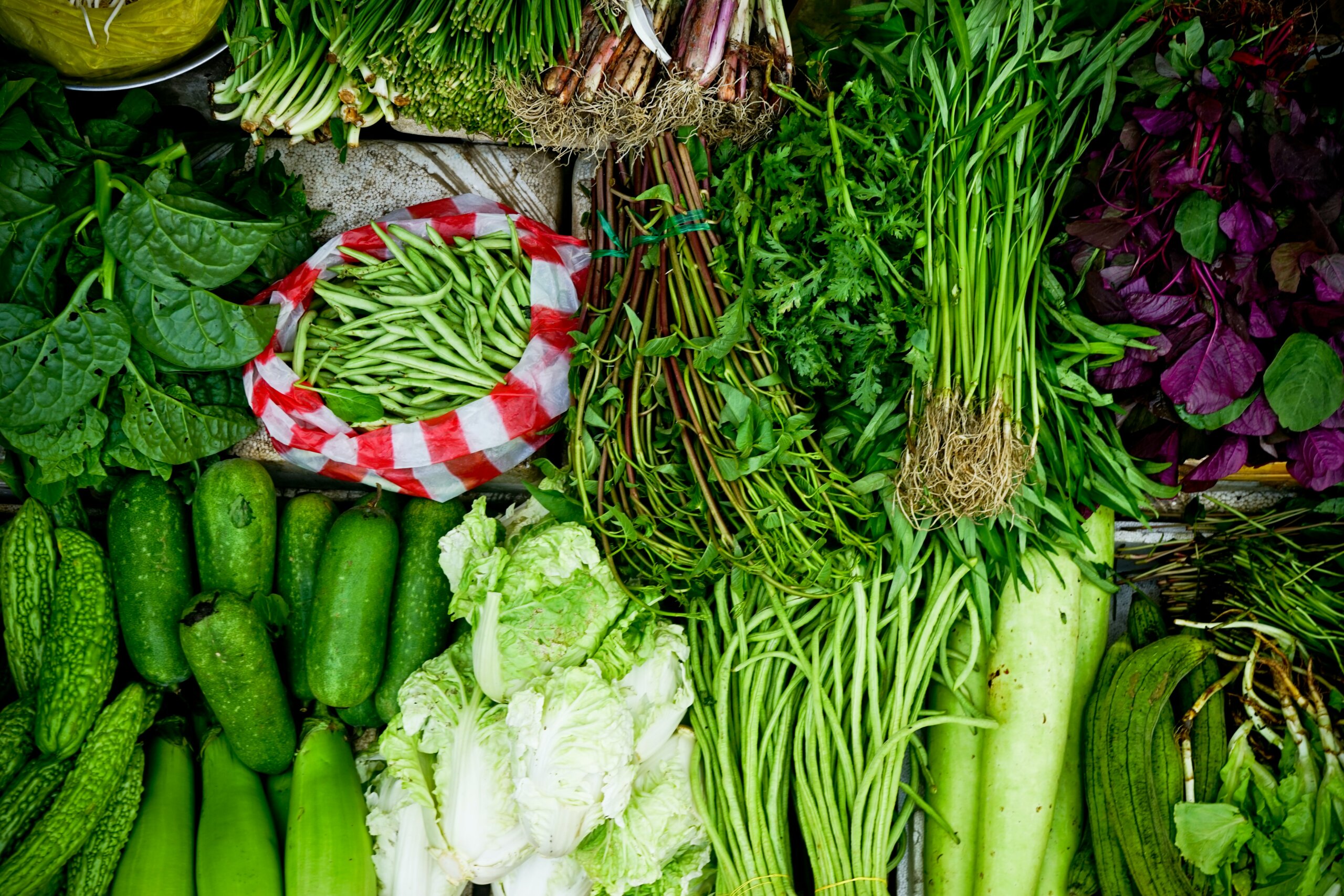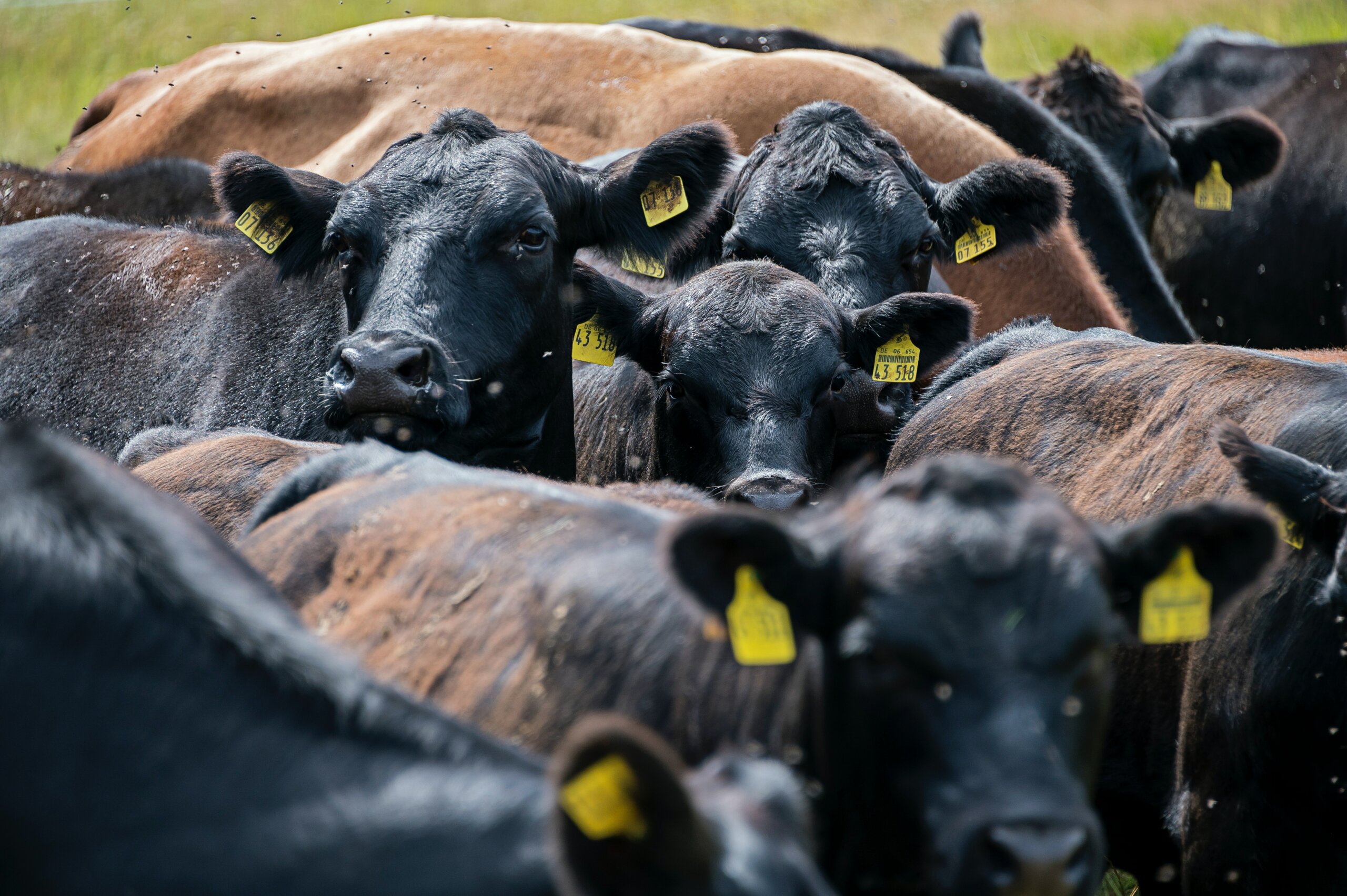On holidays, a part of the budget is often dedicated to buying gifts and to discovering local products. Who doesn’t want to bring home a souvenir of the little chunk of paradise where you have lived amazing moments with family or friends? But watch out, some souvenirs that you plan to put in your luggage can be dangerous for the biodiversity back at home… and where you bought it.
How to be sure not to disturb Mother Nature then? Simple : first, don’t bring home any souvenirs such as seeds, flowers, plants, fruits or vegetables while coming back home! These can hide diseases or parasites without you being able to see it and then contaminate the local species. Even a perfectly healthy looking apple can hide flies that will then spread in our nature and affect our biodiversity.
Also, some exotic species that you could bring home can be “invasive”. It’s all these animals and plants that sometimes come from very far away into our nature through humans, that adapt to our climate and nature, that can then reproduce quickly and cause significant damage to the environment and the local biodiversity. They can also cause important economic damage: they can wreck crops, obstruct passageways,… Their eradication costs a fortune and sometimes is even impossible. An example of the most invasive species in Belgium is the rose-ringed parakeet. These flashy green birds have found a home in our trees and have reproduced massively, leading to competition with other local species such as the house sparrow.
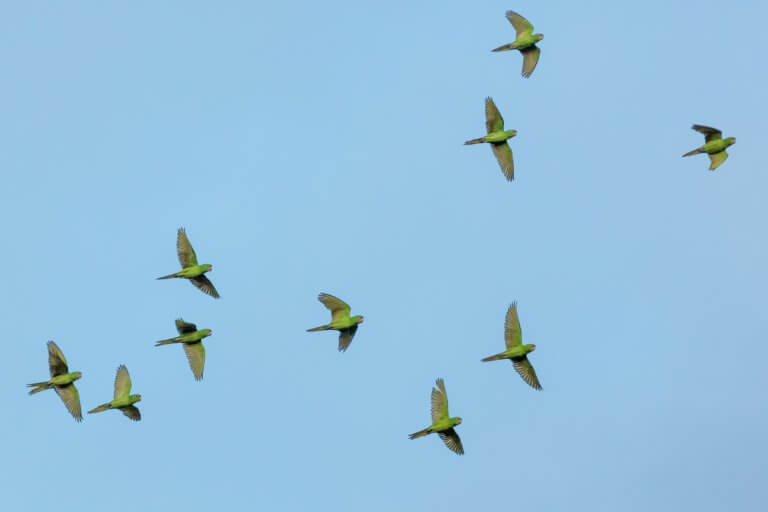
Another potential danger if you plan on bringing home an animal from another country: rabies! Do some research to find out how to repatriate; you will probably need to vaccinate the animal before entering the country. Same thing if you wish to travel with your dog, kitty or your beloved ferret, you will have to put up with rules to prevent the propagation of a deadly disease. As we have stated in another article, avoid buying souvenirs made from animals and plants that may be protected, such as statues and jewelry made out of ivory, handbags and shoes made of reptilian skin or jewelry of coral. The purchase of such items can bring important consequences. You put the survival of an endangered species at risk and yourself, risk a heavy fine! Certain endangered species are protected by national, European or international legislations.
Admire, taste, smell everything you want on the spot. But make sure not to bring home seeds, plants nor any exotic animals from your holidays. Prioritize taking pictures over taking them! The preservation of the biodiversity of here and there depends on it!

